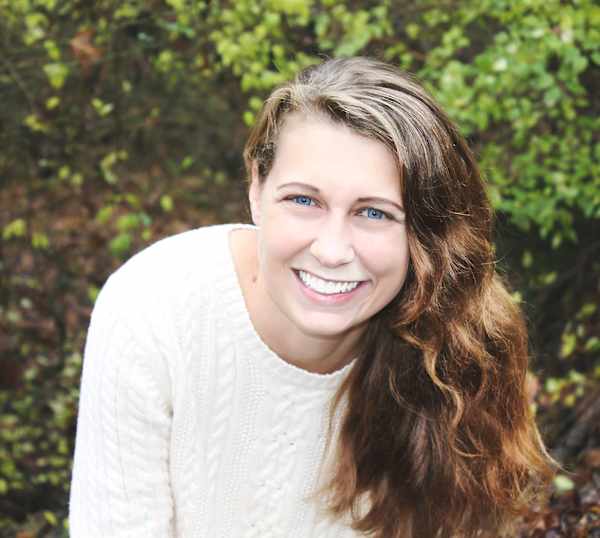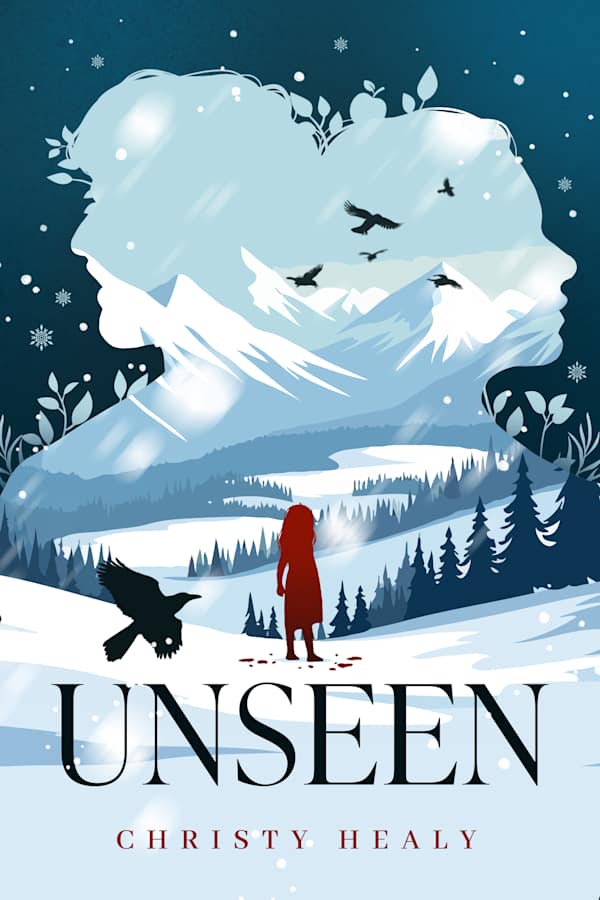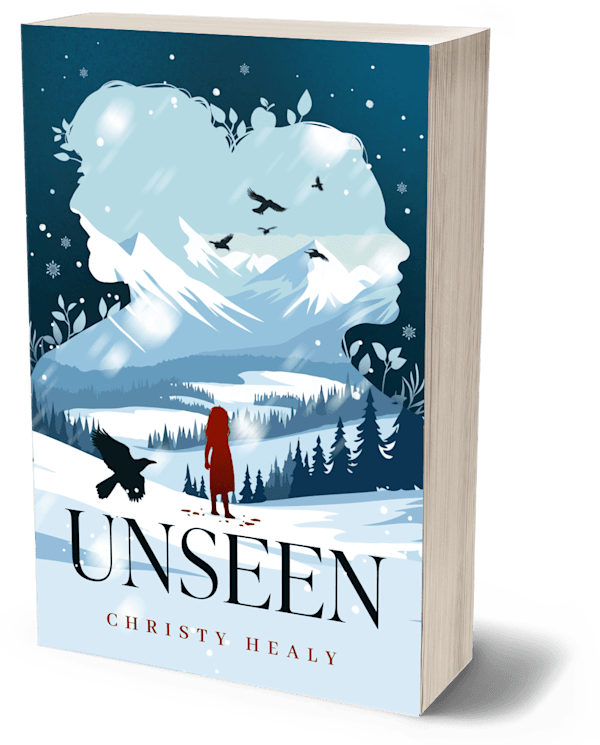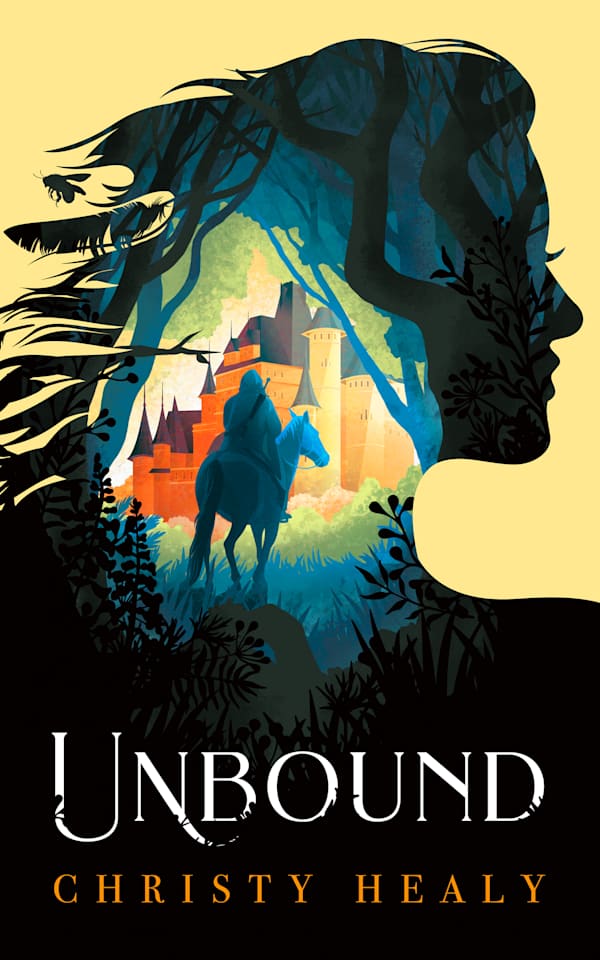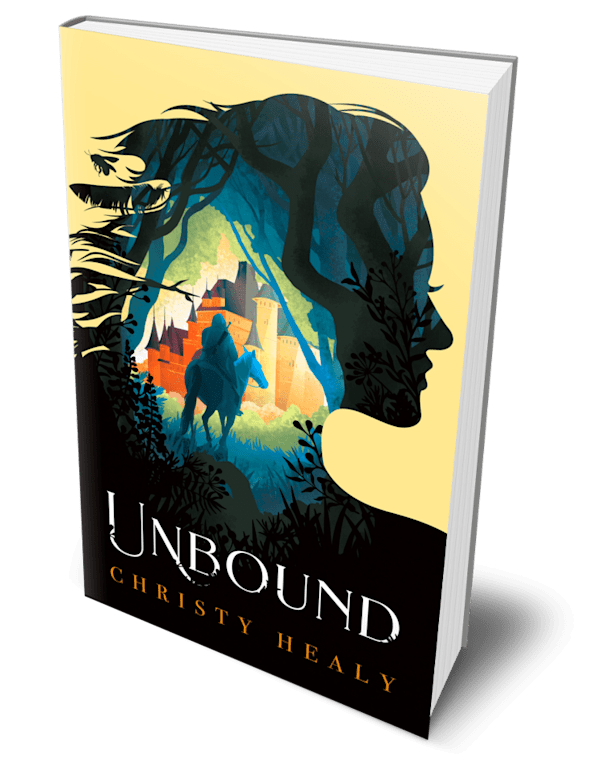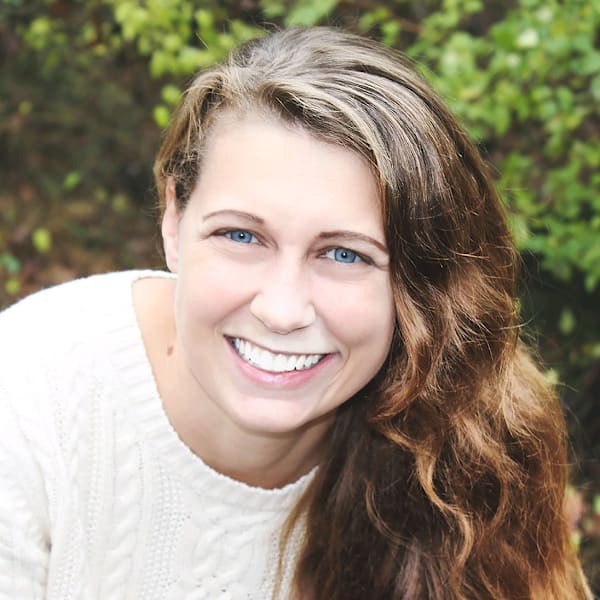Press Kit
A Note From The Author for UNBOUND:
I wrote the first draft of this particular book years ago, during a difficult time in my life, when I desperately needed an escape. It was after the birth of my second child, struggling with postpartum depression and a toddler newly-diagnosed with Type 1 diabetes, and it was into this story that I poured all my self-doubt and sorrows. Would I ever be able to return to the person I once was, or was she lost forever, that woman who was unburdened by anxieties and fears and insecurities? Was I really strong enough, smart enough, brave enough, to care for these two little girls I had brought into this world? Would I ever be truly deserving of their love, when I could barely love myself most days? Writing Rozlyn’s story and seeing her struggle with these same questions under vastly different circumstances, and come out the other side a more confident and courageous woman, helped me to find healing in my own life, and somewhere amongst the monsters and the magic entwined within her story, I realized that I had written the next chapter of my own as well – an exploration of grief, a journey of rediscovery and reaffirmation, and learning to love yourself even during the darkest of days.
Content Warnings: Unbound is an adult fantasy novel that deals with mature themes and issues, including -- frequent depictions of death; violence and descriptions of blood; discussions of grief and depression; threatened sexual assault; emotional abuse of a child.
Sláinte,
Christy
A Note From the Author for UNSEEN:
Almost nine years ago, I sat sleepless through the worst night of my life. It's not a night that I choose to relive very often: my then one-year-old daughter was diagnosed with Type 1 diabetes, a disease in which, for reasons that are still unclear, the pancreas stops producing insulin, and in turn the body goes into DKA (diabetic ketoacidosis). She was so little when she was diagnosed that it was hard to recognize the signs of her body shutting down – increased thirst and urination, lethargy, weight loss, etc. When we finally realized how very sick she was and rushed her to the hospital, her blood sugar was dangerously high.
We almost lost her.
I remember sitting by her bed throughout that long, dark night, beside myself with fear and grief and so much guilt – I’m her mother, I kept thinking, I should have known, I should have stopped this, I should have saved her – silently begging someone, anyone to help my girl, be it god, devil or both, I didn't care. Very Faustian, I know, but I was ready to pay whatever price asked of me to keep her safe.
I was thinking about it again, years later, driving home from soccer practice as she chattered away in the back seat. I thought about how happy she was playing with her friends, with me, how each day she finds joy in the littlest things in life, how bright and funny and kind of a person she is becoming, how this lifelong burden that the universe has put on her little shoulders could have turned her bitter and resentful, and instead made her generous and wise beyond her years. Her pancreas might be broken, but there's not a damn thing wrong with her heart, and if a mysterious figure ever does appear on my doorstep, demanding my soul to make good on that bargain, I'll hand it over without a qualm. It was worth it.
That’s when it occurred to me – the idea for this book, or at least the fundamental query of it. How far, exactly, would a mother be willing to go for her child? Would she watch cities burn and kingdoms fall without batting an eye, so long as her child was kept safe and warm? What monsters would we become, as mothers, in defense of these beautiful, bright creations which we have born from our bodies? Would we even doom ourselves?
Yes, I thought. We would – a thousand times yes, we would, even if it meant our own damnation.
And so Riona was born, a woman far more like me than I like to admit – not a terrible person, but not a wholly good one either, too selfish and stubborn to be truly virtuous. She is a reluctant mother, as I was, most of that reticence springing from a secret, nagging voice in our heads always whispering that we will never be good enough, that we will inevitably fail this, the greatest challenge which we will ever undertake. The rest of it unfurled more spontaneously – I’d always loved the Irish fable of the young prince who killed a crow and then inexplicably looked at the carnage lying there in the snow and thought to himself, ‘Well wouldn’t that make a lovely wife.’ I wove the threads of that tale into much of the convoluted and oftentimes contradictory mythology of the character known as Donn, the lord of death, in Irish mythology, as well as much of the fascinating lore the ancient Celts believed about the nature of the afterlife and the other-realms of the sídhe, and an entirely new story was born – one of shadow-monsters and blood-magic (inspired by the unceasing routine of ‘taking’ my daughter’s blood in order to ensure her health) and the uncertain line between legend and truth, as well as, most significantly, the unmeasurable depth of parental love.
Also important to note — there are many references to the existence of T1D in ancient times; the Egyptians reference it, describing it as a disease marked by excessive urination and weight-loss, and prescribed a whole grain diet to reduce symptoms; the Greeks also mention it, and correctly name the pancreas as the culprit, the failure of which organ is directly related to the onset of the disease; most notably, scholars in ancient China and India also have written about the disease, with doctors in India actually learning to have ants test the sweetness in a suspected diabetic’s urine in order to evaluate their condition. Scholars in China and India both learned enough to distinguish between T1D and T2D. There have been a variety of treatments prescribed by doctors and scholars across many different cultures – dietary restrictions, frequent horseback riding, rancid animal meat, and mixtures of herbs, such as fenugreek and wormseed.
However, a diagnosis of T1D was a death sentence for any afflicted, usually with a 1-2 year life expectancy, until 1922, when Dr. Frederick Banting and Charles Best, along with J.B. Collip and John Macleod, building on the research done by German researchers Oskar Minkowski and Joseph von Mering and British scientist Sir Edward Albert Sharpey-Shafer, successfully injected a dying fourteen-year-old boy – Leonard Thompson – with an extract developed from cow’s blood. Within twenty-four hours, the boy’s sky-high glucose levels had returned to nearly normal ranges, and from that day on, millions of lives that otherwise would have been lost — including my own daughter's — were saved. I have combined several elements of all of these brilliant scholars and scientists for my narrative purposes, but it by no means undermines the extraordinary, real-life achievements that were made by all of these thinkers and researchers, from 1552 BCE to 1922AD, and even to this day, as we still continue to study and learn more about this dangerous disease in order to one day find a complete and total cure.
At times, this book was an incredibly hard story to write, deeply personal and filled with painful memories, but nevertheless one that I was determined to tell in the hopes that this story might one day bring solace to other parents, especially mothers, knowing that their sacrifices, their ceaseless labor, no matter how invisible and alone that they might feel, is not in vain, and never unseen.
Content Warnings: Unseen is an adult fantasy novel that deals with mature themes and issues, including -- frequent depictions of death/loss of loved one; violence and descriptions of blood; chronic illness of child/threatened death of a child; discussions of grief and depression.
Please take care while reading, and I hope you love Riona and Conor as much as I do.
Sláinte,
Christy
I love hearing from readers, so if you have any questions or would like for me to share some of my favorite book recommendations, please feel free to say hi!
